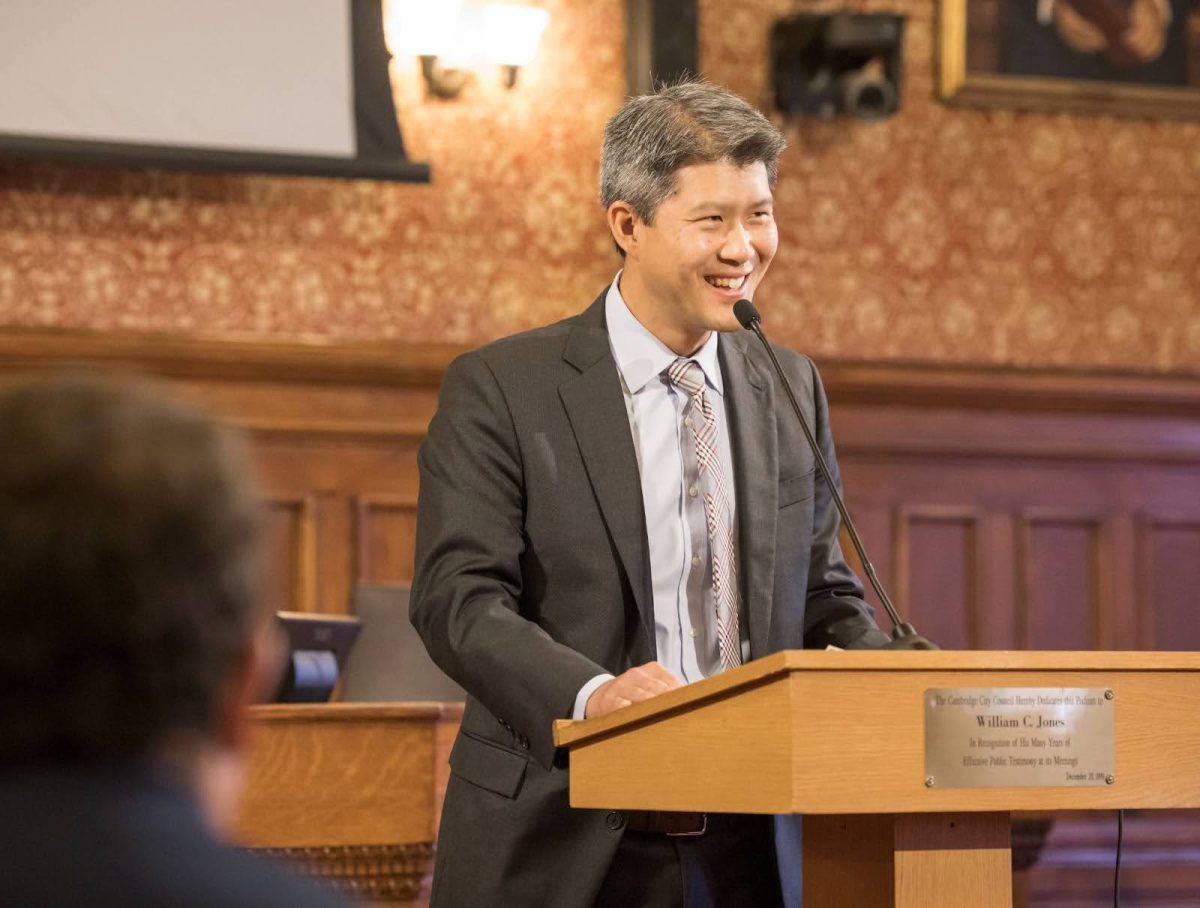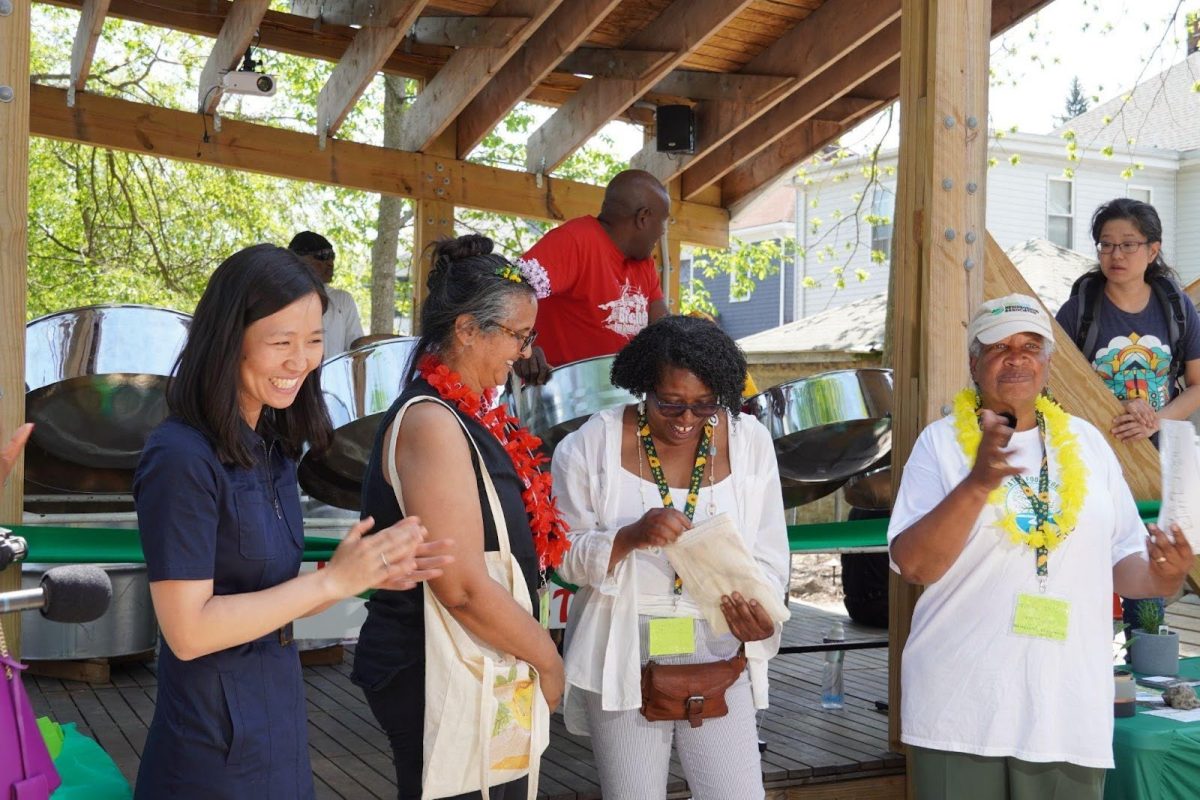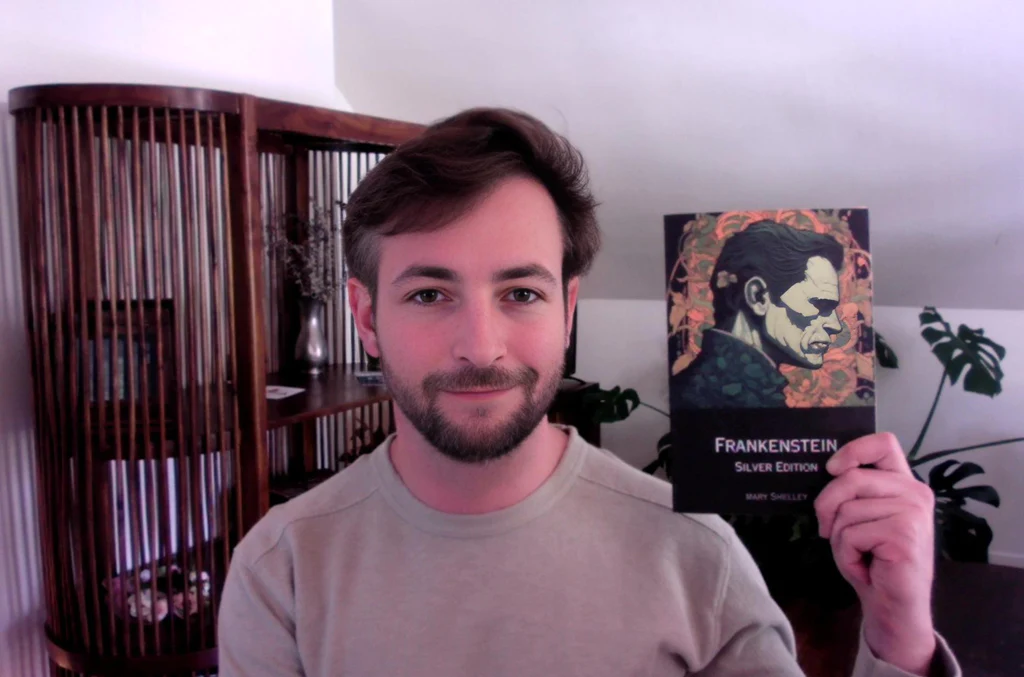In September 2022, Yi-An Huang made history as the first Asian American to serve as city manager of Cambridge. In his first 18 months in office, the public official has aimed to strengthen the council’s human resources, enact climate change policies and advance the city’s position in regional politics.
Huang was born and raised in Boston and attended college in Cambridge. After graduating from Harvard with a master’s degree in business administration, the city manager became the executive director of clinical operations at the Boston Medical Center. Six years later, Huang would make history as the first Asian American to become city manager of Cambridge.
“I do think that when I look across the region, it’s been amazing to suddenly see a number of Asian Americans in leadership positions,” Huang said. “(Like) Michelle Wu, [Mayor of Boston] Philip Eng [MBTA General Manager and CEO], and Yvonne Hao [Secretary of Economic Development, State of Massachusetts] at the state level. So it’s been just really great to see more representation.”
In recent months, affordable housing has been a topic of interest for both Cambridge residents and for Huang. According to the annual Affordable Housing Overlay (AHO) report, released in August 2023, the city added 616 affordable housing units to its inventory. However, as demand increases, residents feel that the city needs more.
In an email that Huang sent to the Charter Review Committee in November 2023, Huang addressed the housing issue.
“We’re making unprecedented contributions with our annual financial commitment more than tripling over the last decade,” Huang stated in the email. “In fact, the City allocated $46 million in FY24, including $41 million into the Affordable Housing Trust.”
The Scope spoke with Huang about his journey as a city manager in Cambridge over the past 18 months and prominent issues in the city. This interview has been lightly edited for length and clarity.
Can you tell me a little bit about your background? Where are you from and how did you grow up?
I grew up in Lexington Massachusetts, and first came to Cambridge for college. I was here for four years. We lived in Boston for a little bit during graduate school and then moved back (to Cambridge), and I’ve been here for probably almost 15 years now. I’ve always loved Cambridge, and I think it was fantastic when I saw the job posting. It was a very interesting opportunity to serve the community and be part of the city that my kids are growing up in.
Before this, I was at Boston Medical Center. I come from a healthcare background and have really seen a lot of the similarities, such as the mission — serving residents — and a lot of operational similarities. You have a really complex day-to-day operation to run. The local politics are new, but that’s also been really interesting and fun. And I really value the relationship with the city council and the community that I’ve been able to start building over the last couple of years.
What inspired you to go down this path?
I actually started working in global health and development. A lot of my early career was thinking about how you can make a difference overseas where there are really significant needs for health, good jobs, more and better lives.
And so that’s where I spent the first couple of years of my life. I think one of the things that I loved was being able to be part of these communities around the world. My wife and I lived in Kenya for a year. I think over time, especially as we settle down and start having children, a lot of what I wanted to do was local involvement. And so that’s kind of what led me to health care, and being part of Boston Medical Center. I don’t think it gets more local than working for the city.
What is the most exciting part of your role, and what motivates you to go to work every morning?
I think it’s been really exciting to be part of the local government. We’re in a time where trust in government is not in a good place. I’ve been really excited to be part of this question of how to engage with the community and its residents to build trust.
I think, [seeing] how do we function as a democracy, where we’re able to say that we can bring everybody to the table, have a conversation about our values and how we live them out, but also recognize that we can’t all get everything that we want, because we may disagree [is motivating] There is some way for us to have that conversation and make people feel valued. I think that’s something I sensed when I took the job. But as I’ve been in the role, I’ve seen how that idea of local government being present and having people feel like they are part of this conversation is so important.
The Cambridge Charter Review Committee has discussed changes to the city’s government structure and has considered a switch to a mayoral system from the city manager model. As the current city manager, what is your view on this issue?
Obviously I have some stake in the conversation. I sent a letter out during the charter review process and shared some thoughts. I think the current form of government is very inclusive. When you look at how our city council is voted in and how representative it is, it brings all those voices into the center of power within the city because we have city council meetings almost every week. We are talking about every facet of how the city runs, decisions that are being made, values that we need to better express in our policies and in the decisions that we’re making.
You can see it in a lot of the ways that the city has changed over time. I could talk at length about how much the city has accomplished and how that’s been influenced by the city council and by individuals and groups of residents.Everybody wants to be able to say, “I voted for this person and that makes them accountable.” I. I don’t think this is an argument about one system that works all the time and one system that is broken.. I think that all of these forms of government are dependent upon the people in them working together well, collaborating, trusting each other and having a set of norms that respects that form of government’s needs. There are strong mayor systems that work really well and others that don’t work well.
What is the city’s new plan for affordable housing next year? What do you think is the biggest challenge for increasing affordable housing in Cambridge?
I think there are two questions. There’s affordable housing, which is really about whether we have enough and we’re creating housing for low income residents. And, that’s where I think we always have just a desperate need.
We have about 6,000 people on our waiting list – and those are just people who are in Cambridge. When you expand that more regionally, the number gets even larger. There’s a need to make sure that people who are not incredibly wealthy are able to stay in the city. I think as a city, we’ve done an incredible amount.
We probably have one of the most progressive and resource intensive investments in affordable housing. We pay about $40 million a year into affordable housing, development and preservation. We have the highest linkage fees, which essentially is when the developers pay to create affordable housing. We have a 20% inclusionary requirement in terms of the number of the percentage of housing units that have to be affordable when a larger housing development comes in.
I think the challenge is it never really feels like enough…I think now what is exciting is there is work that’s happening at the state level and the federal level that is promising. The governor has put forward housing Bonneville that has a number of policy changes that I think could really make a difference.
How does the city help unhoused people especially in winter?
I think the city’s done a lot around providing more housing and services for the unhoused. Even in the last year, we set up a family shelter with a private owner that was really interested in contributing space.We are in the process of building 60 beds of transitional housing right in Central Square. That will be permanent supportive housing for people who are transitioning out of homelessness.
Is there anything else you’d like to share?
I’ve been really appreciative of the city council. I am excited about this new term. I feel a lot of what we are trying to do is find better ways to work together and also to communicate with the city about how the government runs, how they can be involved, and how they’re really shaping decisions that we’re making.







